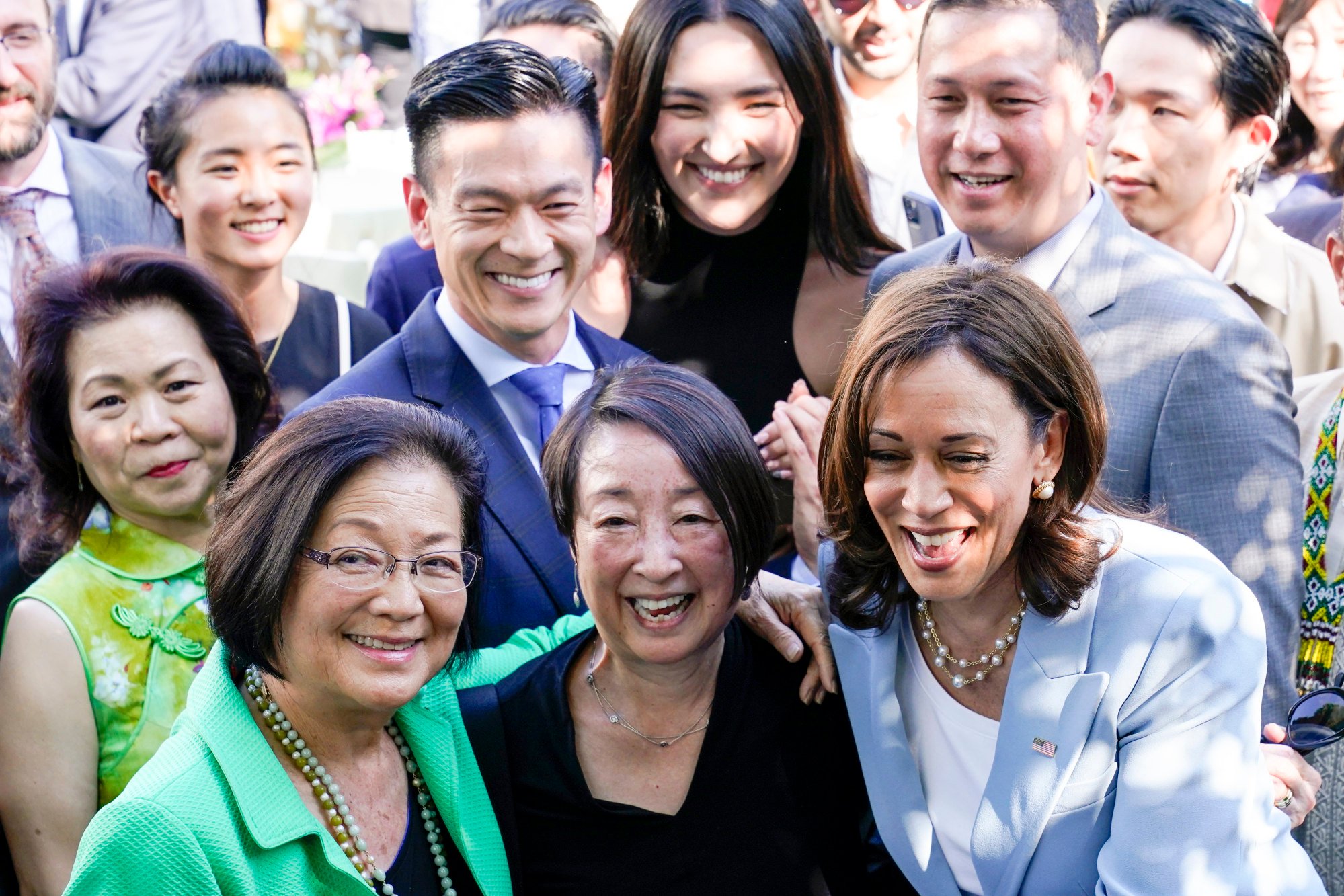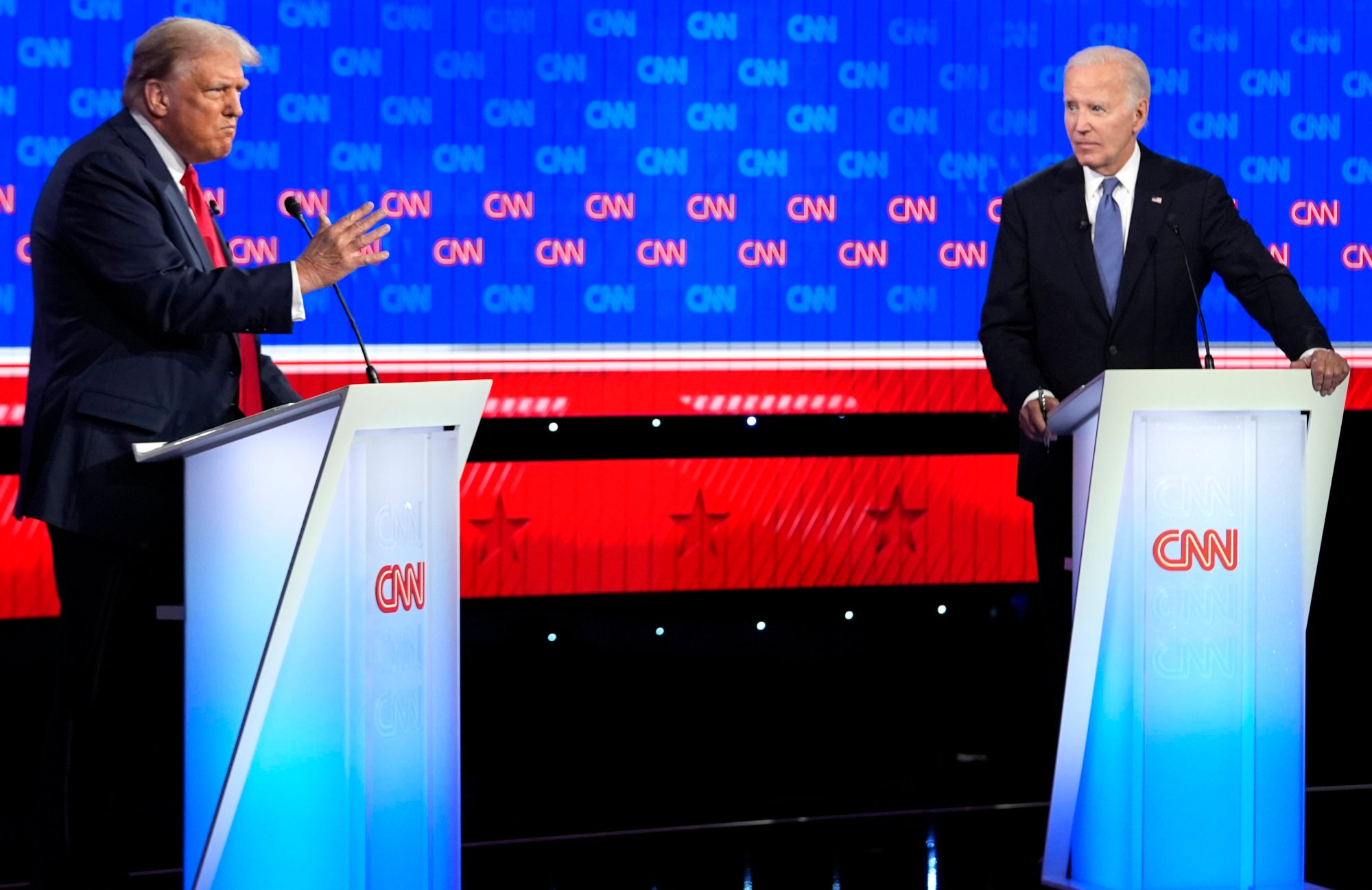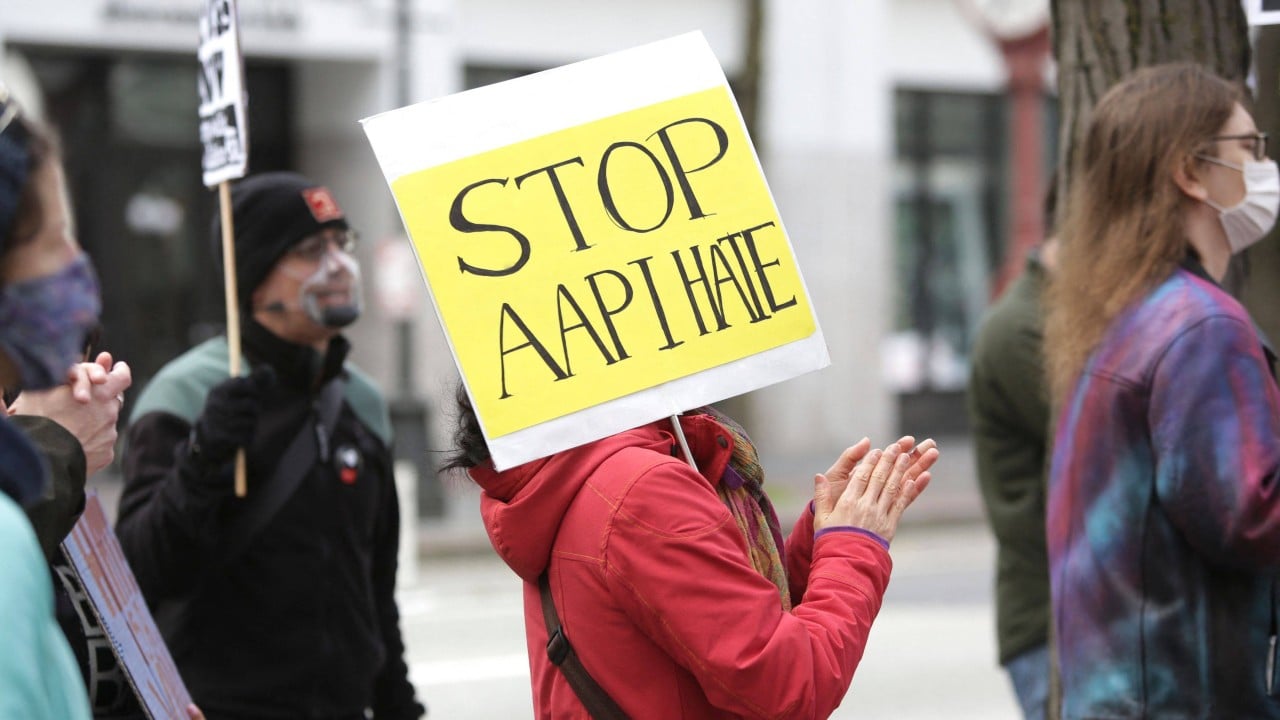The Asian-American community has reacted angrily to an early erroneous report stating that the shooter involved in an attempted assassination of former president Donald Trump over the weekend was Chinese.
The rush to judgment played out in the New York Post, a tabloid newspaper, that initially said the shooter was “identified as a Chinese man” before reporting a little over an hour later that the gunman was “identified only as a white male”.
“In this current era of heightened anti-Asian hate, Chinese-Americans and the Asian-American community are already looking over their shoulders on a daily basis,” said Gary Locke, a former US ambassador to China, in a letter released on Monday by the Committee of 100, a Chinese-American civic group he chairs.
“By irresponsibly reporting false information – that the alleged gunman was Chinese – your reporters have caused the Chinese-American community additional harm,” added Locke, whose government service included stints as US commerce secretary and governor of the state of Washington.
The dash to blame as well as the rapid Asian-American response followed years of hate incidents and scapegoating of the AAPI community during the coronavirus pandemic, which Trump and others referred to as the “kung flu” and “Asian flu”.
In 2019, there were 158 federal anti-Asian hate crimes recorded in the US, according to FBI statistics. But as Covid-19 spread, that figure rose to 279 in 2020 and 746 in 2021, before falling back to 499 in 2022.
Separately, the civic group Stop AAPI Hate received more than 11,000 self-reported incidents between March 2020 and May 2023, mostly involving harassment, bullying, shunning and other forms of discrimination.
“Reckless, false reporting like this perpetuates hate and violence against the Asian community,” said New York State assembly member Grace Lee. “The New York Post must apologise for this error and do better to ensure accurate reporting.”
The New York Post did not immediately respond to a request for comment.
Its reporting suggested “a bias so potent that it twists fiction into hard ‘news’”, said Aryani Ong, an Asian-American civil rights lawyer and activist.
“Asian-American are paying the price for the lack of care by parties who peddle fear – not fact-based and balanced statements – using broad-reaching platforms.”
The pushback comes as the diverse AAPI community, whose ranks include everyone from mainland, Taiwanese and Hong Kong Chinese to Samoans and Afghans, becomes more organised, forceful and strategic politically.

AAPI is the fastest growing ethnic population in the United States and the fastest-growing segment of the electorate, according to Pew Research Centre.
In 2020, nearly 60 per cent of eligible AAPI voters turned out at the polls, and in such battleground states as Arizona, Georgia, Nevada, North Carolina and Pennsylvania, their voting numbers exceeded the presidential margin of victory.
“Stoking fear of the enemy inside America may sell papers and win campaigns for a few people, but at the end of the day, Asian-American along with several other communities, will still be here,” said Ong.
The numbers in the voting bloc were expected to double by 2040, she added, noting: “And we will continue to build and shape America, as we have done so since Filipinos landed in Louisiana in 1763.”
Organisers at an annual AAPI conference last week met to strategise in advance of this year’s presidential election.
A survey released on the eve of the event found that 90 per cent of Asian-Americans plan to vote in November, with 46 per cent voicing support for Biden and 31 per cent for Trump.
It was conducted before both President Joe Biden’s disastrous debate performance last month and the assassination attempt on Trump on Saturday.

“Historically the [mindset of the] Chinese-American community and Asian-American community has been, ‘put your heads down, don’t cause any trouble’,” said Lily Trieu of Asian Texans for Justice at the conference.
“At this very moment, that’s what has shifted.”
Beyond merely issuing polite criticism, members of the AAPI community called for a more forceful push against what they perceived as biased media reports and against elected officials at the ballot box who espouse irresponsible rhetoric.
“We’ve tried to provide positive talking points,” said Esther Im of Foreign Policy for America, a Washington-based non-profit group.
Im believed the community needed to focus on “making politicians leaders bear the cost of their rhetoric” and that it was “going to take a much concerted, a broader, coordinated campaign”.
Despite the relatively short time that the New York Post article falsely identified a Chinese gunman as the culprit, it was repeated, amplified, liked, commented on and otherwise read by tens of thousands of people.
“The real issue for us is our own public safety,” said Ong. “After Trump’s Covid-related statements, studies show a correlation in uptick of hate directed at Asian-Americans.
“Even if there were ‘x’ number of people who saw it while the post was up for 1 hour 20 minutes, [there] are still too many people who could have gone out and directed fatal anger at Asian-Americans on the street.”


